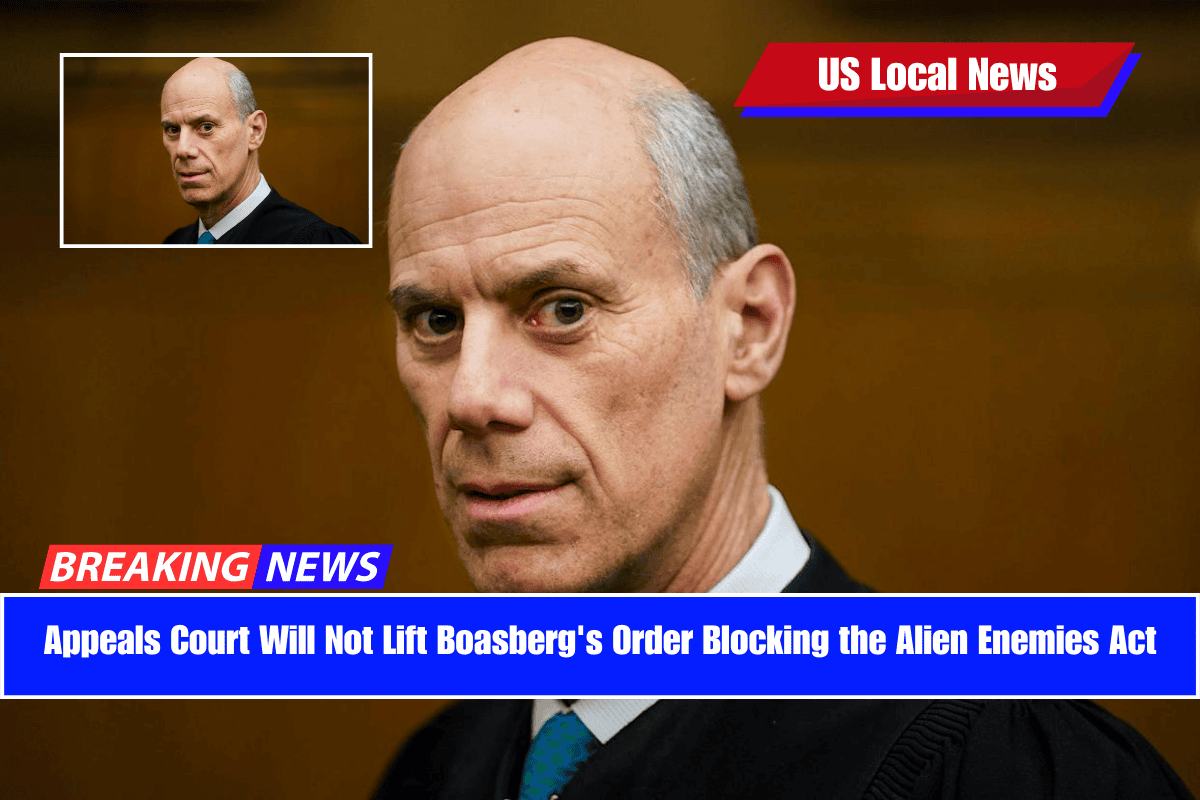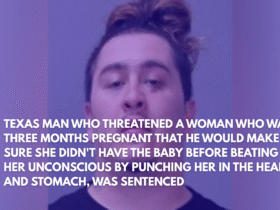Washington, D.C. – A federal appeals court has refused to lift a judge’s order that blocks President Donald Trump’s administration from quickly deporting migrants under the Alien Enemies Act, a rarely used law from the 18th century.
In a 2-1 decision, the U.S. Court of Appeals for the D.C. Circuit said the matter should remain paused while a lower court further examines whether the administration’s use of the law is legal.
This decision temporarily protects hundreds of migrants, mostly Venezuelan nationals, from being sent to a notorious prison in El Salvador without any legal hearing.
Why Was the Law Used?
The Trump administration argued that the Venezuelan gang “Tren de Aragua” poses a national security threat and qualifies as a foreign invasion, giving the president the power to deport suspected members under the Alien Enemies Act.
This law allows for quick deportations, but only during a declared war or invasion by a foreign nation. It has been used only three times in U.S. history, all during wartime.
However, Judge James Boasberg, who originally blocked the deportations, and two out of three appeals court judges, disagreed with this interpretation.
What Did the Court Say?
Judge Karen Henderson, a Republican appointee, joined the majority in saying:
“An invasion is a military affair, not one of migration.”
Judge Patricia Millett, an Obama appointee, agreed with keeping the order in place for now, but said the court didn’t have full authority over the case yet because the order was temporary.
Both judges stressed that Judge Boasberg will soon decide whether to issue a longer-term block on the deportations.
What About the Dissenting Opinion?
Judge Justin Walker, who was appointed by Trump, dissented. He argued that the migrants should have filed their lawsuit in Texas, where they were detained before being flown out of the country. He said they should challenge their detention through a habeas petition, a legal action used to fight unlawful imprisonment.
The Trump administration may now ask the Supreme Court to intervene with an emergency request. But while that unfolds, the case is still moving forward in Judge Boasberg’s courtroom.
Boasberg is also investigating whether the administration violated his March 15 order, which blocked deportations and ordered any in-progress flights to return. The administration insists it did not violate the order but is refusing to release flight information, citing state secrets privilege.
Plaintiffs, represented by the ACLU and Democracy Forward, are scheduled to respond to that claim by Monday.
What Advocates Are Saying
Lee Gelernt, deputy director of the ACLU’s Immigrants’ Rights Project, called the court decision a vital protection:
“Hundreds of individuals remain protected from being sent to a black-hole prison in a foreign country, without any due process — perhaps for the rest of their lives.”
Skye Perryman, president of Democracy Forward, called the ruling an important step toward accountability:
“President Trump is bound by the laws of this nation. Wartime powers cannot be used when we are not at war or under invasion.”











Leave a Reply